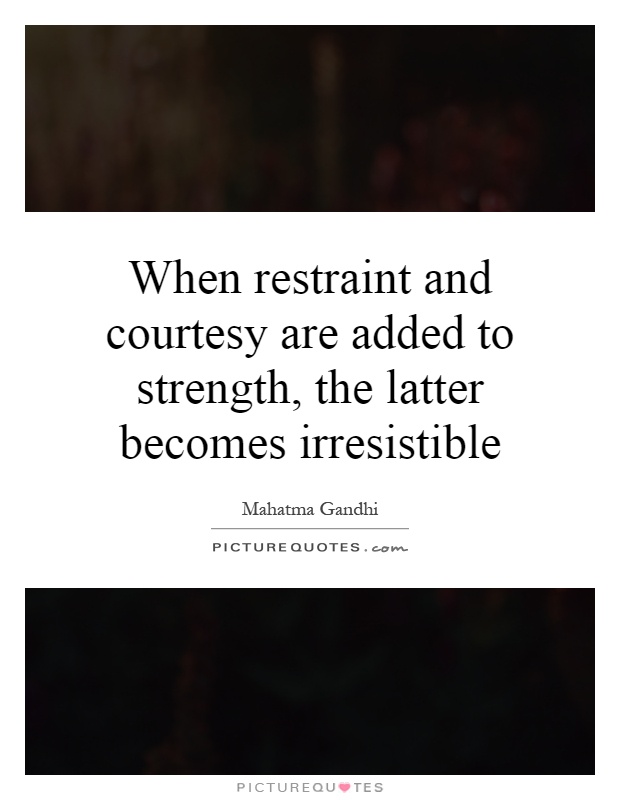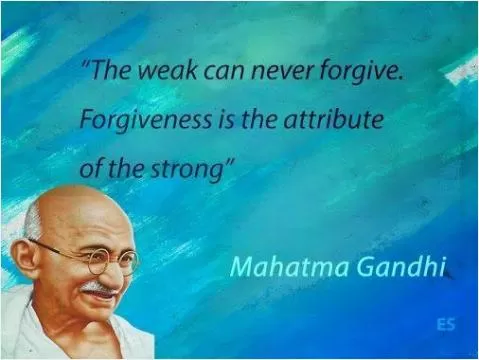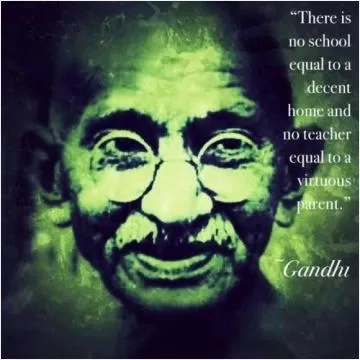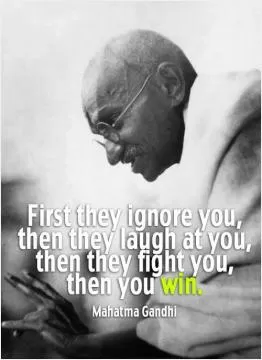When restraint and courtesy are added to strength, the latter becomes irresistible

When restraint and courtesy are added to strength, the latter becomes irresistible
Mahatma Gandhi, also known as the Father of the Nation in India, was a prominent leader in the Indian independence movement against British rule. He was a firm believer in nonviolent resistance and civil disobedience as a means to achieve political and social change. Gandhi's philosophy was deeply rooted in the principles of restraint, courtesy, and strength, and he exemplified these qualities throughout his life.Gandhi understood the power of restraint and courtesy in dealing with adversaries and in leading a movement for change. He believed that true strength lies not in physical force or aggression, but in the ability to control one's emotions and actions in the face of provocation. Gandhi famously said, "An eye for an eye only ends up making the whole world blind." This quote encapsulates his belief in the futility of violence and the importance of restraint in conflict resolution.
Gandhi's approach to leadership was characterized by humility, compassion, and respect for others. He treated his opponents with courtesy and dignity, even when they were hostile towards him. Gandhi's ability to remain calm and composed in the face of adversity earned him the respect and admiration of people around the world. His unwavering commitment to nonviolence and his willingness to engage in dialogue with his adversaries set him apart as a truly exceptional leader.
Gandhi's strength was not in his physical prowess or military might, but in his moral courage and unwavering commitment to his principles. He understood that true power comes from within, and that by harnessing the power of love and compassion, one can overcome even the most formidable obstacles. Gandhi's philosophy of nonviolence inspired countless individuals and movements around the world, including the civil rights movement in the United States led by Martin Luther King Jr.












 Friendship Quotes
Friendship Quotes Love Quotes
Love Quotes Life Quotes
Life Quotes Funny Quotes
Funny Quotes Motivational Quotes
Motivational Quotes Inspirational Quotes
Inspirational Quotes